Cancer
-

Vitamin D activation and cancer risk
Vitamin D protection against colon cancer varies according to parathyroid hormone response, particularly among women. Read MoreJan 7, 2021
-

Blocking tumor ‘signals’ and ‘fuel’
Combining two drugs reduced colorectal cancer cell growth in vitro and in an animal model, suggesting the combination may be a promising treatment for patients. Read MoreAug 25, 2020
-

A “torque” for tumor blood vessels
Vanderbilt scientists have discovered a new target for normalizing tumor blood vessels to improve cancer immunotherapies. Read MoreAug 20, 2020
-
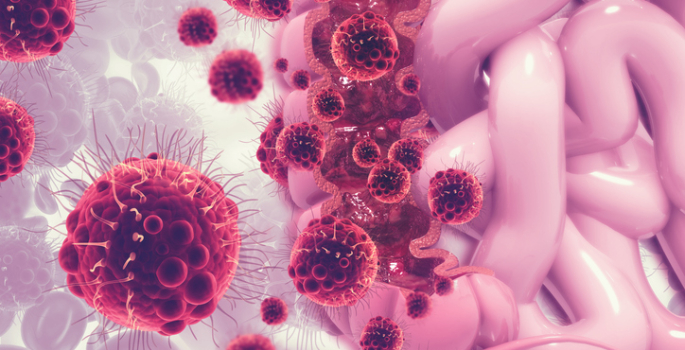
Study shows better option for treatment of inoperable anal cancer
People with inoperable anal cancer treated with carboplatin-paclitaxel had fewer complications and lived longer than those who received another chemotherapy that has been more often administered. Read MoreJun 24, 2020
-

Probing innate immunity
Manuel Ascano team validates an inhibitor of the cGAS-STING signaling pathway, which is important for cellular innate immunity against bacteria, viruses, and our own damaged DNA. Read MoreMay 19, 2020
-

Imaging breast cancer cell size
A noninvasive MRI approach assesses breast tumor cell size and could be a useful way to evaluate early response to neoadjuvant therapy. Read MoreFeb 10, 2020
-

Cell fate signaling
A newly identified protein interaction that affects cell cycle regulation may be an attractive target for cancer therapy. Read MoreDec 17, 2019
-

Understanding cell division
Vanderbilt researchers have uncovered another piece in the puzzle of how cells divide — a process that goes awry in cancer cells. Read MoreNov 18, 2019
-
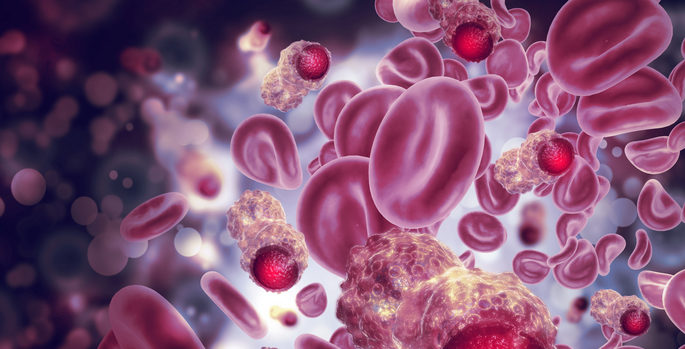
On-the-move cancer cells prefer a “comfort cruise,” follow predictable paths of least resistance
New research from a group of Vanderbilt biomedical engineers reveals that while cancer cells metastasize quickly, they generally choose pathways that use the least amount of energy. Read MoreSep 13, 2019
-

A “rheostat” for cancer signals
Jason MacGurn and colleagues have characterized a “rheostat” that sets WNT pathway signaling in breast cancer cells. Read MoreAug 27, 2019
-
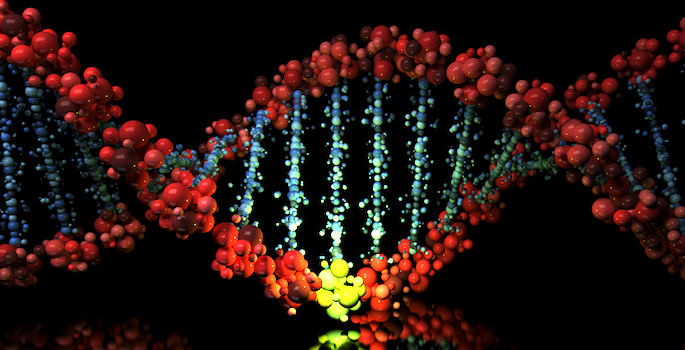
Cancer susceptibility genes
Gene variants associated with cancer risk appear to contribute to carcinogenesis by regulating target genes that in turn promote the generation of mutations. Read MoreAug 26, 2019
-

Meet the alpacas that are helping researchers who study autism, Alzheimer’s and cancer
Written by Heidi Hall Alpacas aren’t the typical animals that drivers spot as they wind their way through rural Tennessee, but there’s a happy herd of them outside Waverly, where they eat the finest pellets, walk up and down a scenic hill and potentially save lives. They’re owned by… Read MoreAug 13, 2019
-

New window on fibrosis
A previously unrecognized role for a cell surface receptor may open new therapeutic options for the treatment of fibrotic diseases. Read MoreAug 8, 2019
-
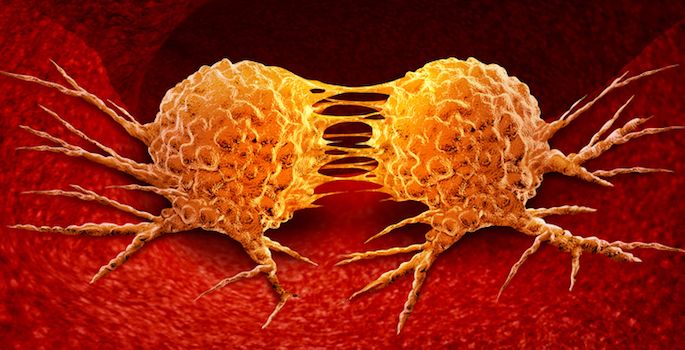
Cellular soldiers designed to kill cancer cells that get loose during surgery, stop metastasis
Cellular soldiers created using the body’s own defenses can track down and kill escaping cancer cells during surgeries, preventing metastasis and saving lives, a Vanderbilt University biomedical engineer has discovered, particularly in cases of triple negative breast cancer. Read MoreJul 24, 2019
-

Mouth health and colorectal cancer
Microbial species in the mouth could be playing a role in colorectal cancer development, according to new research from epidemiologists at VUMC. Read MoreJun 6, 2019
-

Discovery aids search for cancer biomarkers
A report by researchers at Vanderbilt University Medical Center has shattered conventional wisdom about how cells, including cancer cells, shed DNA into the bloodstream. Read MoreApr 12, 2019
-

Cancer’s SOS
Stephen Fesik and colleagues have uncovered more details about how a crucial component of RAS proteins, which trigger about a third of all tumors, work. This finding will help advance the discovery of new cancer therapies. Read MoreApr 4, 2019
-
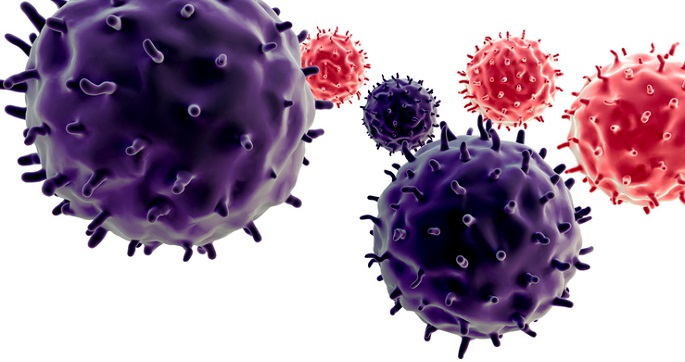
Like racecars and geese, cancer cells draft their way to new tumor sites
The finding gives a boost to the field of metabolomics, the next big thing in fighting cancer. It can complement immunotherapies, which use the body’s natural defenses to kill cancer cells. Read MoreMar 25, 2019
-

Study finds patient messages help predict medication adherence
Zhijun Yin and colleagues have found that breast cancer patients who message their doctors about certain topics are more likely to discontinue hormone therapy than others--which enables doctors to better predict which patients are at risk of stopping their treatment early. Read MoreJan 31, 2019
-

Trans-institutional team documents potential new treatment path for breast cancer
A team led by biomolecular engineer John Wilson and cancer biologist Rebecca Cook have found a way to trigger an immune response that targets breast cancer cells. Read MoreJan 16, 2019